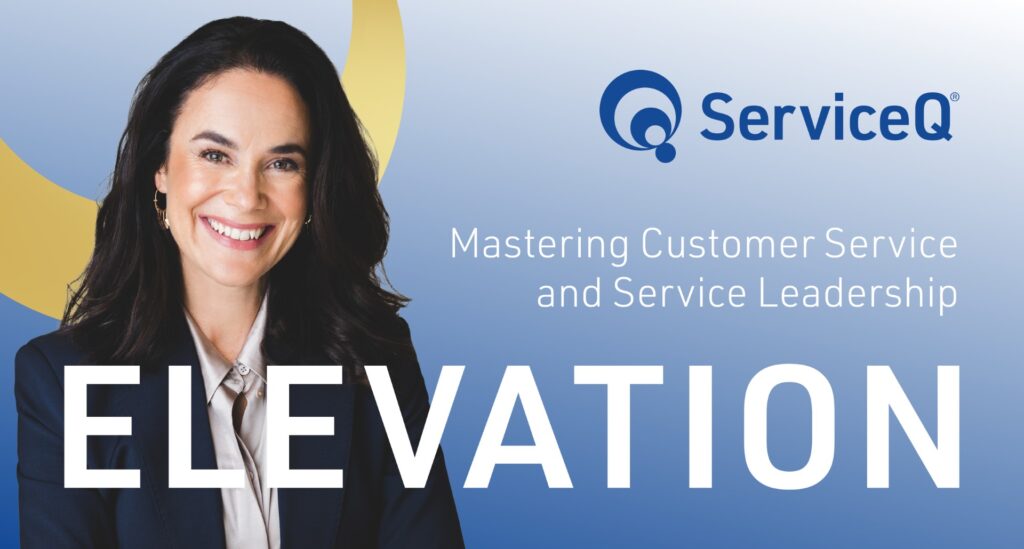Recently, I’ve noticed something quietly amusing (and a little sobering): I’m starting to be the oldest person in the meeting room. According to some of my older friends, this is just the beginning. It will only become more obvious as the years go by—well, of course, unless I miraculously stop aging, which doesn’t seem likely!
This awareness of my own years has coincided with a pattern I see in our training rooms every week. Whether I’m speaking with CEOs or frontline managers, the questions are strikingly similar:
- “Jaquie, how do I relate to the younger people? They don’t approach work the way we do.”
- “Jaquie, how do I connect with the boomers, we don’t value the same things at work ..and they see the world so differently.”
The frustration is real. And the desire to “get it right” is heartfelt. I get it… I see that these questions are mostly coming from a good place, people are genuinely curious about different ways of working and communicating so they can work more effectively.
When am I asked these questions in the moment my intuition kicks in (coz I’m not a generational expert) and I simply say; what if you are asking the wrong question?
We talk a lot about Gen X, Millennials, and Gen Z—how they prefer to communicate, what they expect from their leaders, how they deliver service, and how they behave as customers. And yes, there are some clear differences.
The most common ‘differences’ we hear are:
Younger employees often prefer brevity and immediacy: a quick message over a meeting, digital tools over face-to-face discussions. More seasoned team members lean on experience, value structure, and appreciate richer human interaction over endless notifications. From a customer perspective, Gen Z will happily transact in a chatbot, while Boomers may want a warm voice at the end of the phone.
Regardless of if these insights are true or not…when the focus is solely on differences, we risk entrenching them. We reinforce the idea that connection is hard and that understanding each other is a hurdle to overcome. What if we paused and flipped the lens?
Instead of asking, “How do I relate to people different from me?” what if we asked, “How do I relate to another human being in front of me?”
I’ve just finished reading Dear Monsters by Helena Zikova, which explores exactly this tension. One line in particular stayed with me:
“Learning from the older (and younger) generations is what is expected to make us stronger as leaders and as people. You are human. Humans are flawed, but can also take deliberate action to correct their mistakes. What we can do against bias is raise awareness and take determined steps to smash it.”
That resonated deeply, because here’s one of the vulnerable things I want to admit in this blog: I’m noticing the bias I have. I’m noticing the assumptions I make about others. And, if I’m honest, I’m also noticing the thoughts that quietly assume the bias others might have about me.
So maybe the real work isn’t about perfectly understanding each generation. Maybe it’s simply about acknowledging our shared humanness—imperfect, evolving, and willing to try again.
The question I keep coming back to is this:
Are we asking questions that separate us—or ones that bring us back to our shared humanity?
